Custom System Filters: Engineering Excellence for Optimal Filtration Performance
In industrial filtration, the one-size-fits-all approach is quickly becoming a thing of the past. Systems are getting more advanced, and operational needs are growing more specific. That’s why custom system filters are now more necessary than ever. These aren’t just regular parts; they’re key to making operations efficient, reliable, and compliant. Let’s break down the technical details, design methods, and performance benefits that make custom system filters what they are. Drawing on years of industry experience, we’ll show just how important they are in today’s industrial world.
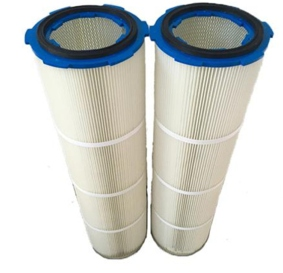
The Engineering Fundamentals of Custom Filtration
Creating custom system filters starts with a strict engineering process. First, we need to thoroughly analyze the operating environment. This means figuring out the contaminant profiles—like the size, chemical makeup, and concentration of particles. We also look at operational factors such as flow rates, pressure differences, temperature ranges, and how thick the fluid is. All this information forms the basis of the filter design. It tells us which filter media to use, what materials to make the structure from, and what shape the filter should be.
Choosing the right filter media is a science. For example, in semiconductor manufacturing, where removing tiny sub-micron particles is crucial, electrospun nanofiber media is a great choice. It has a high surface area compared to its volume, which lets it remove 99.99% of particles as small as 0.3 microns. On the other hand, in industrial processes with high temperatures over 300°C, woven ceramic fibers are better. They can handle the heat and don’t react with chemicals, lasting five times longer than regular polymeric media.
The structural design is just as important. We use Computational Fluid Dynamics (CFD) simulations to make the flow paths as good as possible. This way, we reduce pressure drop while making sure the fluid stays in the filter matrix long enough. With this engineering precision, even in high-flow systems like power plant cooling circuits, custom filters keep the pressure differential (ΔP) below 5 psi. This can cut pump energy use by up to 15% compared to standard filters.
Making sure the materials are compatible is a must. In chemical processing, where there are harsh solvents like hydrochloric acid or aromatic hydrocarbons, custom filters use Hastelloy or PTFE parts. For food-grade applications, 316L stainless steel and FDA-approved silicone gaskets are used to meet CFR 21 Part 177 regulations.
Customization Strategies for Specific Industry Challenges
Every industry has its own filtration problems, and custom system filters are designed to solve them precisely. Let’s look at three industries where customization makes a big difference:
- Oil and Gas Production
In upstream oil and gas operations, the produced water has a mix of hydrocarbons, solids, and scaling ions. Regular filters often fail because they get dirty quickly or break down from chemicals. Custom solutions here use multi-stage filtration. First, a pre-filter with a 20-micron stainless steel mesh takes out sand and silt. Then, a coalescing stage with hydrophobic polypropylene media separates oil droplets bigger than 5 microns that are mixed in the water. This setup removes 99.5% of oil from the water, making it meet the discharge limit of less than 10 ppm. It also makes the filter last over 2,000 operating hours—three times longer than off-the-shelf filters.
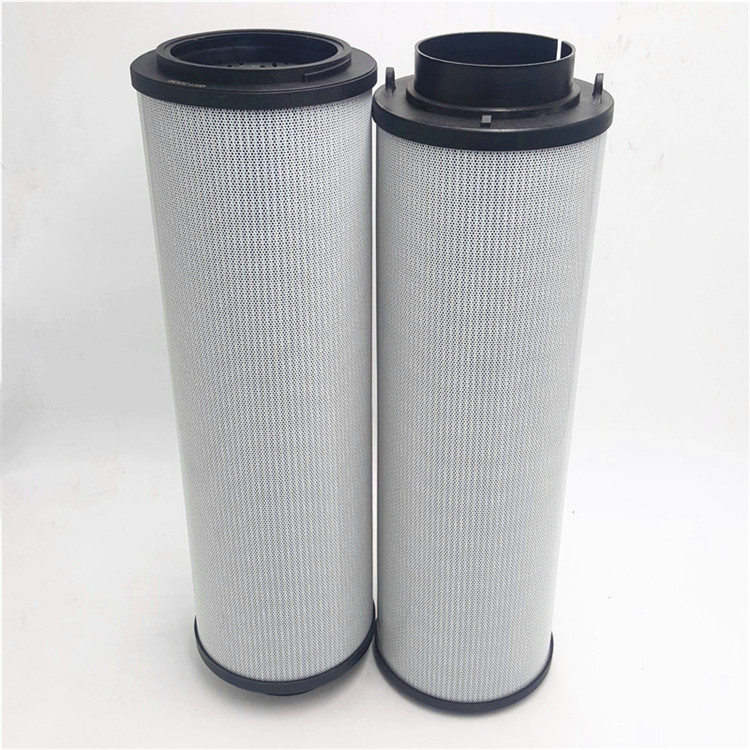
- Pharmaceutical Manufacturing
Drug production has to follow GMP (Good Manufacturing Practice) rules, which require absolute filtration. Custom filters for biopharmaceuticals use validated sterilizing-grade membrane media (0.22 microns) and have features to prevent bypass. They have extra sealing systems and their extractable profiles are documented to meet USP <87> and <88> standards. These filters are tested for integrity using bubble point and diffusion methods, making sure they 100% meet validation requirements—something regular filters can’t do.
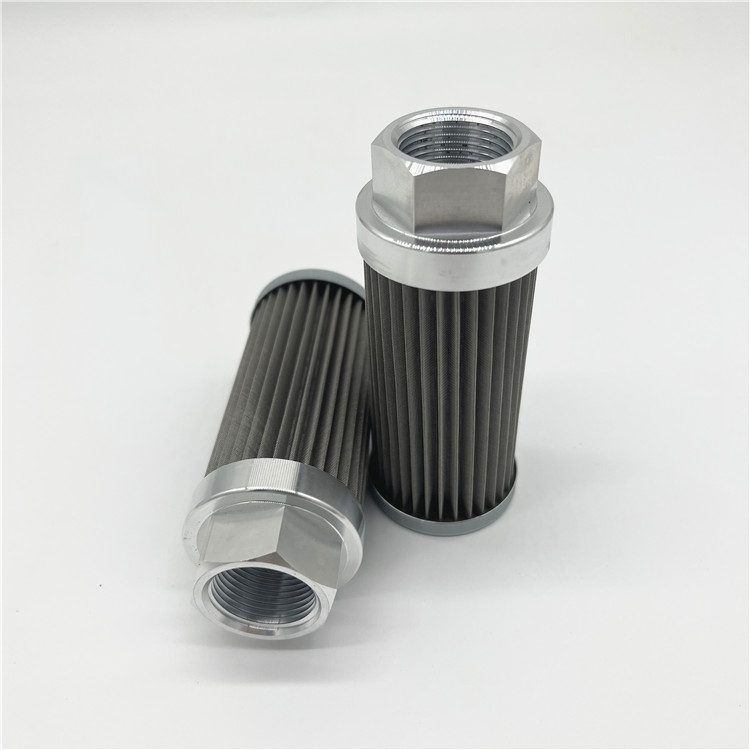
- Heavy-Duty Mobile Equipment
Construction and mining machines work in places with a lot of particles. The amount of wear on the engine is directly related to the ISO 4406 cleanliness codes. Custom air intake filters for these machines have gradient-density media. This means the layers get finer as you go in. The outer layers catch large particles, and the inner layers trap contaminants smaller than 10 microns. This design reduces pressure drop by 30% when the filter is full of dust. It keeps the right amount of air flowing to the turbocharged engines and makes the time between services go from 500 to 1,200 operating hours.
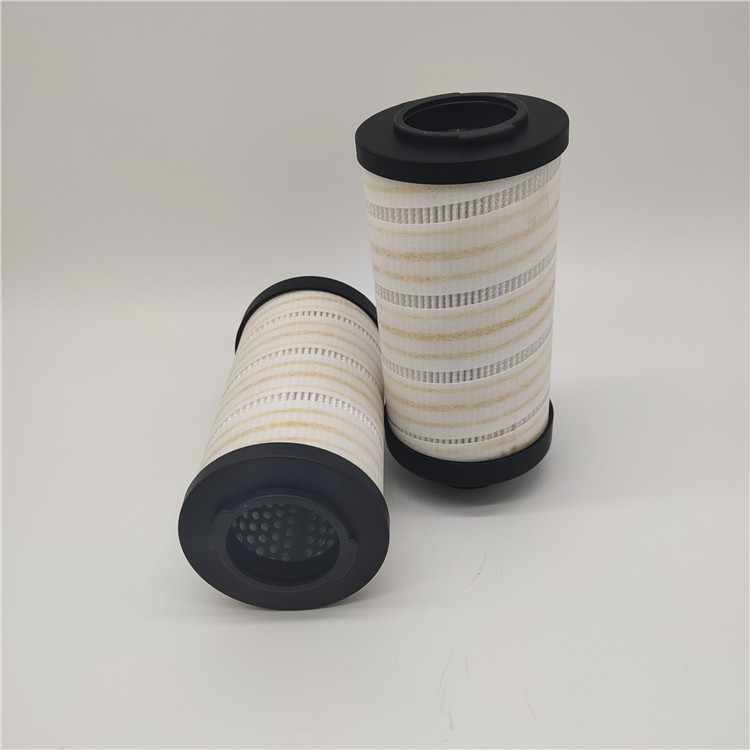
Performance Metrics and Validation Protocols
To check how well custom system filters work, we do strict performance testing using industry standards and our own validation methods. The key things we measure are:
- Efficiency Rating: For hydraulic filters, we use ISO 16889. This measures the beta ratio (βx), which is how many particles are upstream compared to downstream at a certain size x. A custom hydraulic filter might have a β10 ≥ 1000, meaning it removes 99.9% of 10-micron particles.
- Service Life Prediction: We do accelerated aging tests with changing pressure and temperature to figure out how long the filter will last. For example, a custom diesel fuel filter tested for 500 hours with temperatures ranging from -40°C to +80°C and 10% water in the fuel shows how it will wear down over time. This helps us schedule maintenance ahead of time.
- Pressure Drop Characteristics: We measure this at different flow rates using calibrated test stands. This ensures the filter works within the system’s hydraulic limits. A custom water treatment filter designed for 100 GPM might have a pressure drop that stays the same even when the flow is 120% of the design, giving more flexibility in operation.
Third-party certifications also prove the performance. Custom medical filters often have CE marking and ISO 13485 certification. Those for aerospace meet SAE AS4074 standards for fluid cleanliness.
Total Cost of Ownership Advantages
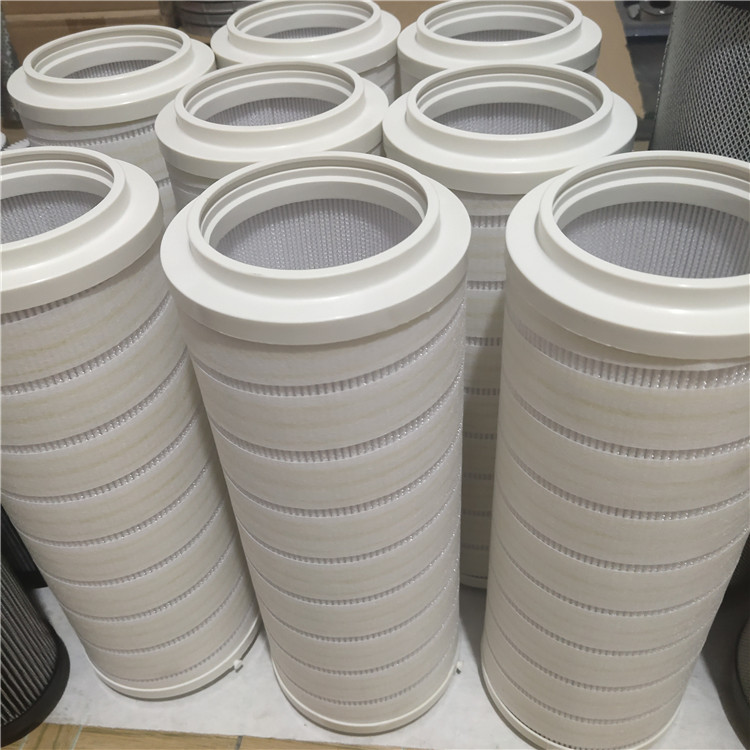
Custom system filters might cost more at first than standard ones, but over time, their total cost of ownership (TCO) is much lower. Here’s why:
- Extended Service Intervals: As we saw with mining equipment, longer filter life cuts maintenance labor costs by 60% every year.
- Reduced Downtime: In semiconductor factories, unplanned shutdowns can cost over $50,000 an hour. Custom filters with predictive failure indicators stop 90% of filtration-related downtime.
- Equipment Protection: By keeping fluids clean, custom filters reduce wear on pumps, valves, and precision parts. In hydraulic systems, this makes components last 40% longer.
- Energy Savings: Less pressure drop across custom filters means pumps use less energy. In a 1000 GPM water treatment plant, this can save over 25,000 kWh a year.
These economic benefits are easy to measure, and usually, you get your investment back in 6–12 months.
Future Trends in Custom Filtration Engineering
New technologies and regulations are driving changes in custom system filters. Smart filtration systems with IoT sensors are becoming common in important applications. These sensors monitor pressure difference, how full the media is, and temperature in real-time. These “intelligent filters” send data to predictive maintenance platforms, so we can replace them when needed, not just on a schedule.
Advances in material science are also making a big difference. Graphene oxide coatings on filter media make them 300% better at absorbing heavy metals. Self-cleaning filters with piezoelectric elements reduce fouling in industrial wastewater applications.
Regulations like the EU’s Industrial Emissions Directive and updates to the EPA’s Clean Water Act are pushing filter designs to be more efficient and recyclable. Now, custom filters can have up to 40% recycled materials without working worse, which fits with companies’ sustainability goals.
In the end, custom system filters are where engineering precision meets operational needs. They can solve specific contamination problems, make systems work better, and lower total ownership costs, which is why they’re essential in modern industrial operations. As systems keep evolving, custom filtration will only become more important. It just goes to show that in industrial efficiency, one size doesn’t fit all. For operators who want to maximize performance, compliance, and profits, investing in custom system filters is more than a choice—it’s a smart business move.






